Project Deliverables: What They Are & Why They Matter
Udn Webber is a content marketer for Voila Norbert , an online email verification tool. He has spent most of the last decade working online for a range of marketing companies. When he’s not busy writing, you can find him in the kitchen mastering new dishes.
Whether you work in marketing, product development, or web design, you will hear the term “project deliverables” multiple times. Contrary to what many people think, project deliverables aren’t the end result of projects. Instead, they are the product of activities performed as part of the project.
In project management , your responsibilities include defining project deliverables, tracking the progress of their production, and ensuring that they are completed promptly. If your project team manages to complete deliverables by their expected dates, it is a sign that the overall project is also on track to be completed on time.
If you want to learn what project deliverables are and why they matter, this article will discuss them in greater detail.
What Are Project Deliverables?
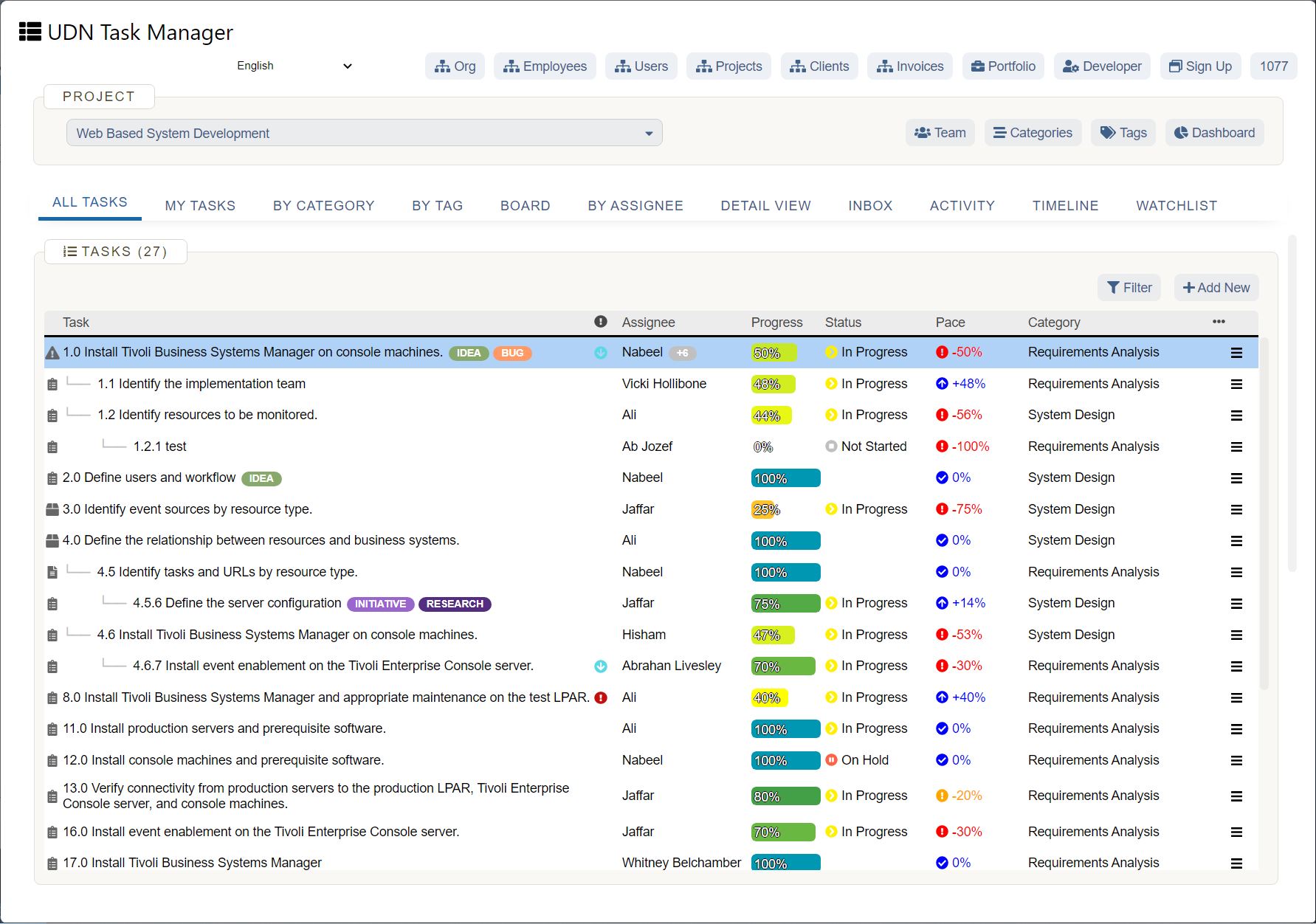
Project deliverables are products or services produced in a project and are delivered to the customer. To classify an output as a “deliverable” within a project, it needs to meet the following criteria:
Your project team might create various documents or products while building a new website. However, not all pieces of output would be considered deliverables. For example, a first-cut sketch of the web design isn’t a project deliverable. On the other hand, a website wireframe is a deliverable because web developers need it to proceed with their tasks.
You can create project deliverables to be signed off by either an internal stakeholder, like an account executive or an external stakeholder. For instance, a document specifying design requirements is an internal deliverable, and a website you build for clients is an external deliverable.
Deliverables are not your project’s end goal. Instead, they mark the path you’re taking on the way to project completion. When you complete deliverables on time, it increases your chances of meeting your project deadlines. Thus, it mainly focuses on defining and handling demands and tracking deliverables.
Deliverables can be grouped into one or more of the categories below:
Internal vs. External
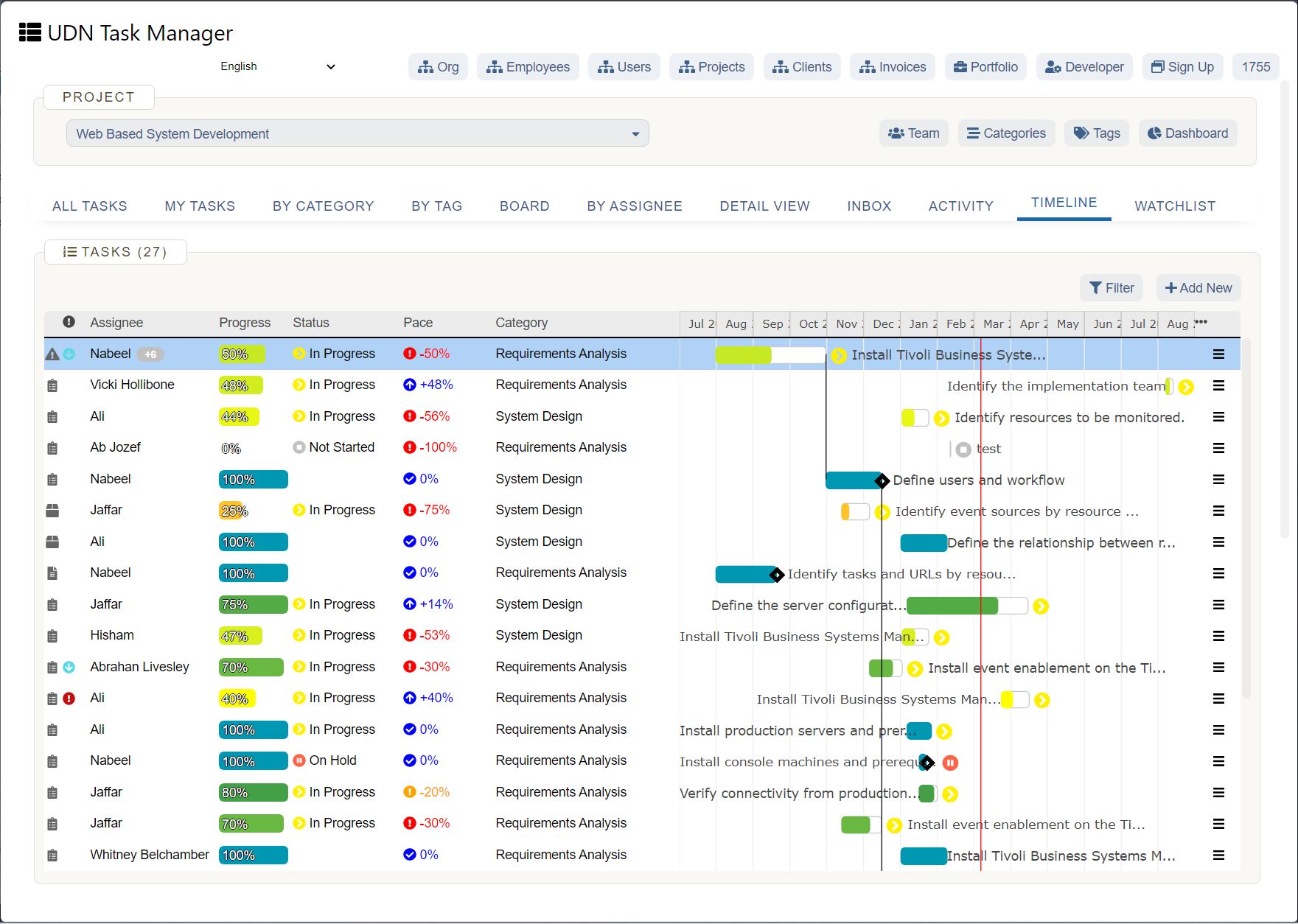
Categorizing deliverables into “internal” and “external” is relatively easy.
An internal deliverable is a project milestone that is shared with stakeholders within your team or company . Internal deliverables are not shared with clients and are usually measured in terms of time and results.
On the other hand, external deliverables are meant to be shared with your clients, who may approve them before deciding to proceed with the rest of the project. External deliverables can be revenue-centric, primarily if the projected revenue is defined across set milestones.
Big vs. Small
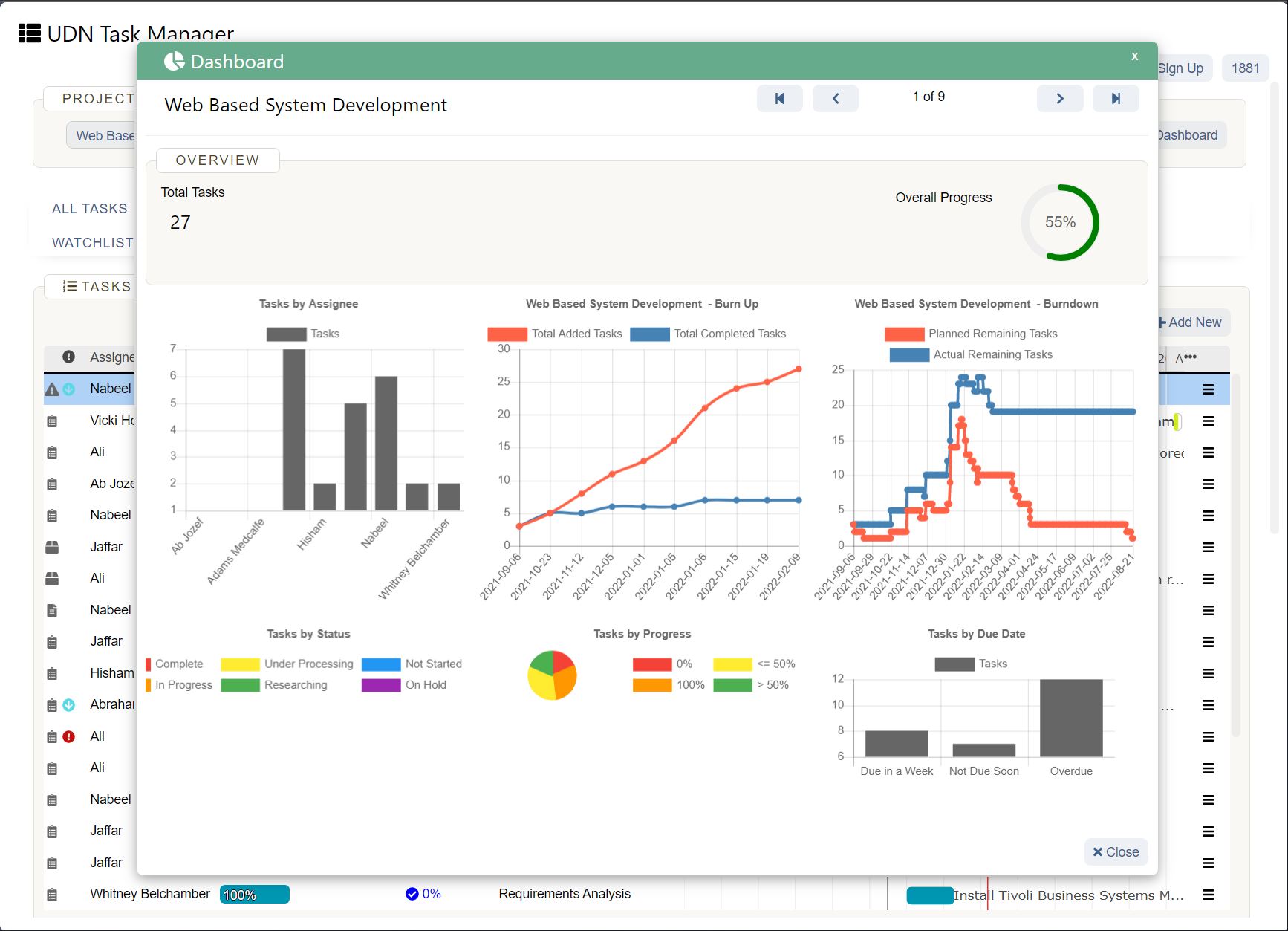
Sarah Campbell, project manager at Kickstart Careers believes it’s important to divide deliverables according to their size or impact on project progress. For example, if you are developing a website, a big deliverable would take the form of finishing the product catalog database. A small deliverable, on the other hand, might be creating templates for individual product pages.
Tangible vs. Intangible
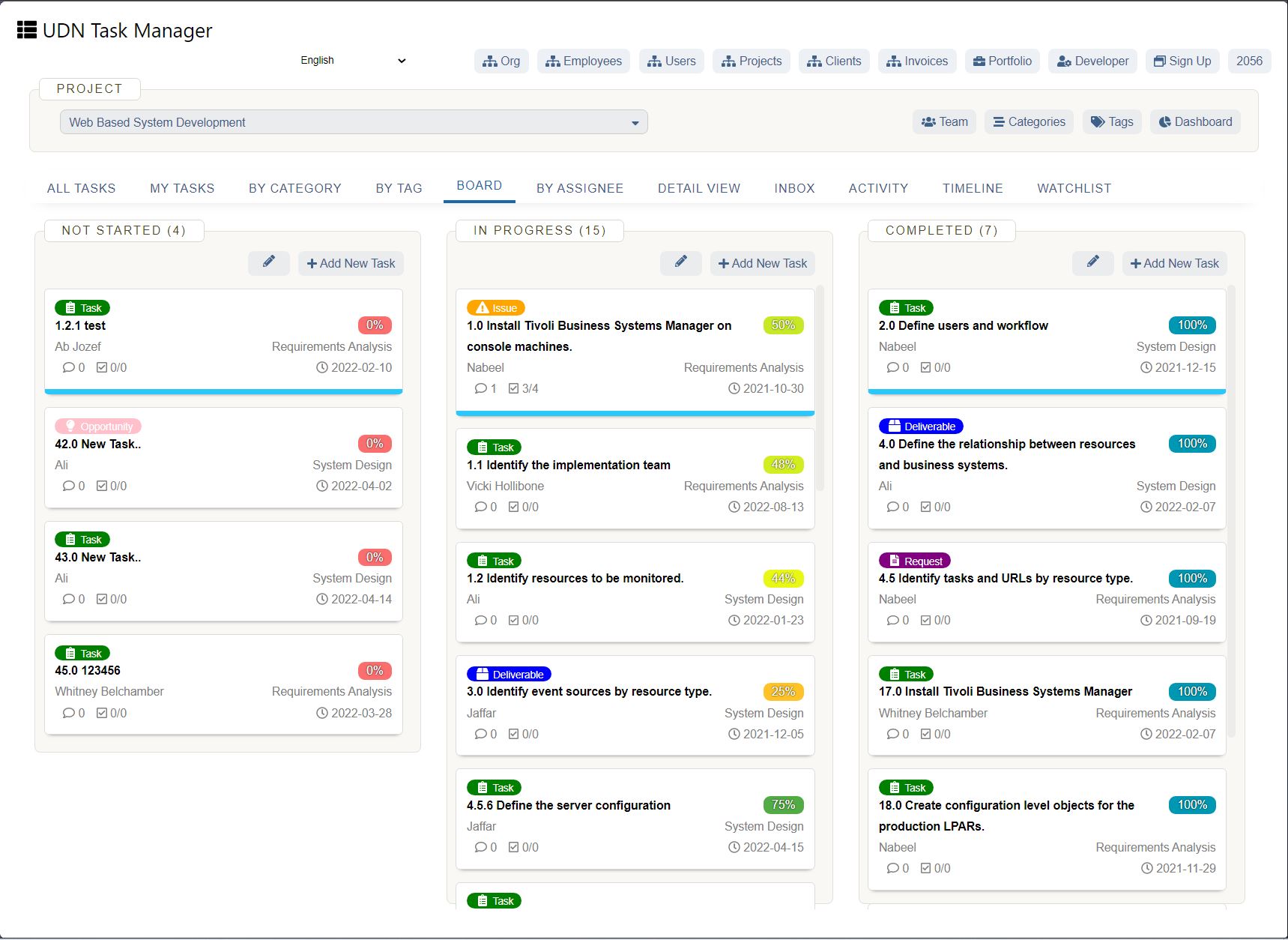
A project deliverable may either be tangible or intangible. A tangible deliverable is something that can be touched or counted, such as new product features. In contrast, a training program for your employees on using the new product features is an intangible deliverable.
Why are Project Deliverables Critical?
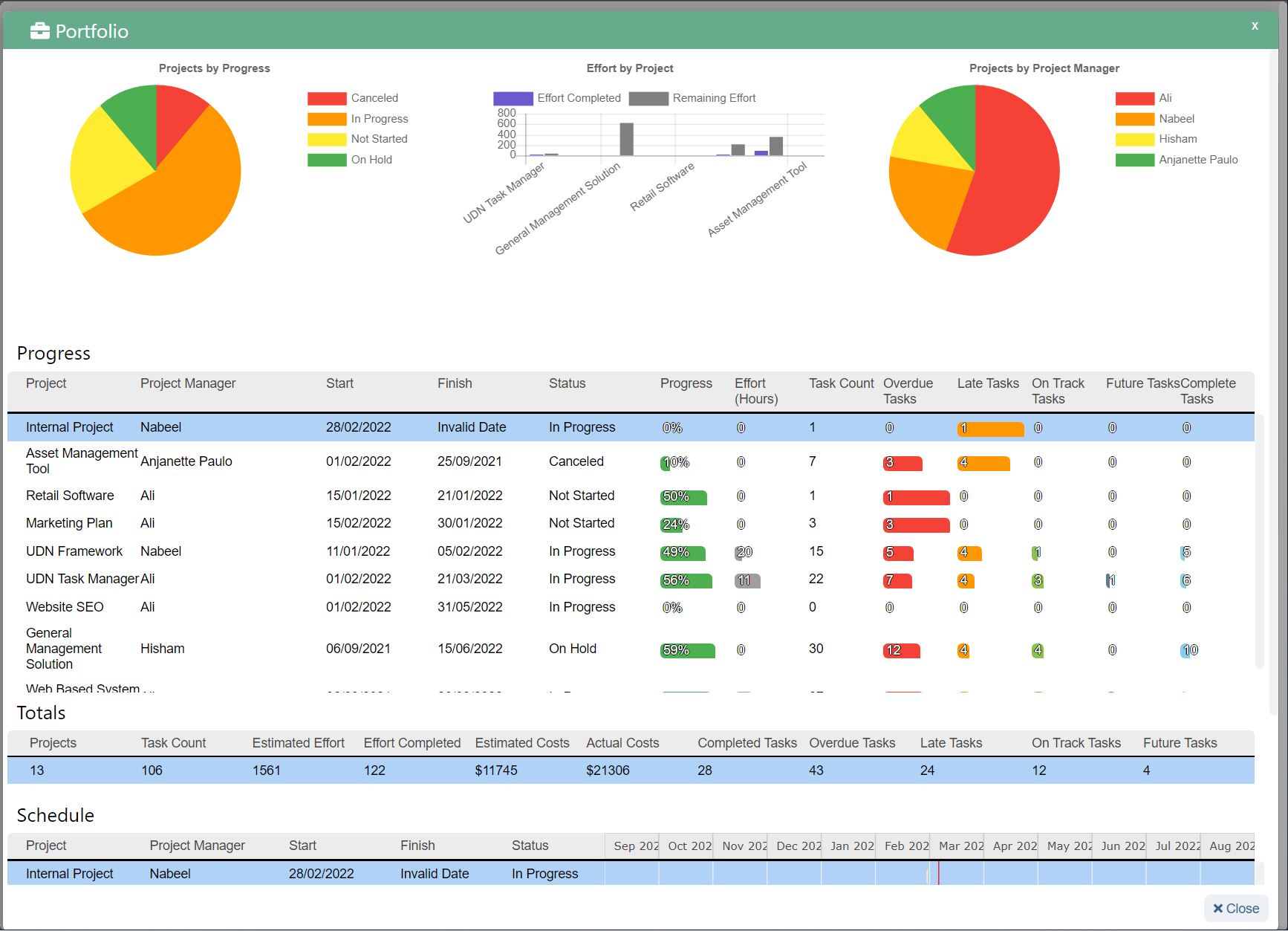
Project deliverables should be well defined, measurable, attainable, and realistic. Individual deliverables should align with your overall project goals. Whenever your team’s deliverables are delivered on time, produced within budget, and compliant with quality standards, it’s a good indication of your team’s productivity and reliability.
Here are three key reasons why project deliverables are essential:
Defining project deliverables at the planning stage of the project plays a crucial role in setting client expectations. A client might have specific ideas about the project that might not be aligned with your methodology, and coming up with a list of approved deliverables will prevent confusion between and among the client, your project team, and vendors (if there are any).
You may discuss and agree upon a list of deliverables using dedicated conference call services to keep the details secure and confidential before incorporating them into the project charter, project management plan, and timelines. Moving forward, the list will serve as a reference for everyone who’s involved in the project.
Project deliverables always play a role in the success of each project. If your project’s objective is to generate more revenue for the business, each deliverable will play a role in meeting that objective, which is why SMART goals are so important.
For example, an eCommerce website can involve multiple deliverables that don’t seem to be related to each other. A social media calendar has very little to do with creating a product database. However, both deliverables need to point towards the same objective.
A social media calendar should promote new products, while a product database should ensure that every detail that appears on product pages is current and accurate.
Projects cost time, money, and resources. Defining the deliverables early in the project planning process will help you identify the deliverables that will require certain resources at specific points in the project.
As you define project deliverables, you can ask yourself and other project stakeholders the following questions:
When you get the answers to each of the questions, you can create the project plan and have it approved by the client. You can only consider a project closed or completed once you’ve finished all the deliverables.
In Closing
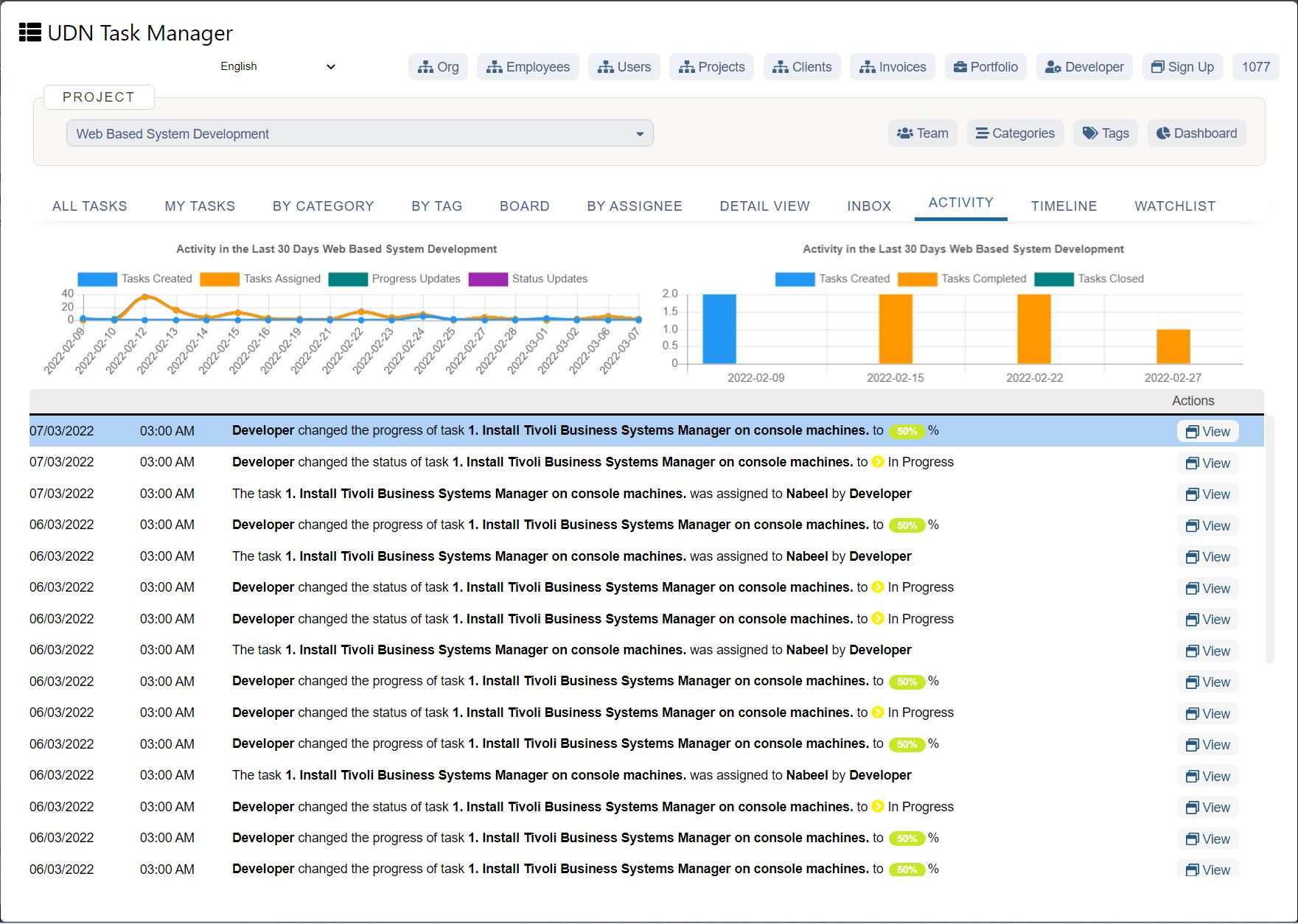
Project deliverables are products or services generated by your team in support of project goals. Whether internal or external, major or minor, or tangible or intangible, deliverables are always produced due to specific project tasks and help move the project towards completion.
Defining project deliverables with the client and stakeholders need to be done during the project’s planning phase. By working together with the client and other stakeholders, you can agree upon a final list of deliverables that will help set client expectations, meet project objectives, and ensure that the project is compliant with budget and time requirements.
By finishing project deliverables on time and within budget, your team can satisfy the client, paving the way for more revenue-generating projects. Define your project deliverables properly so you’ll have a better understanding of the time and resources you’ll need to accomplish them!











